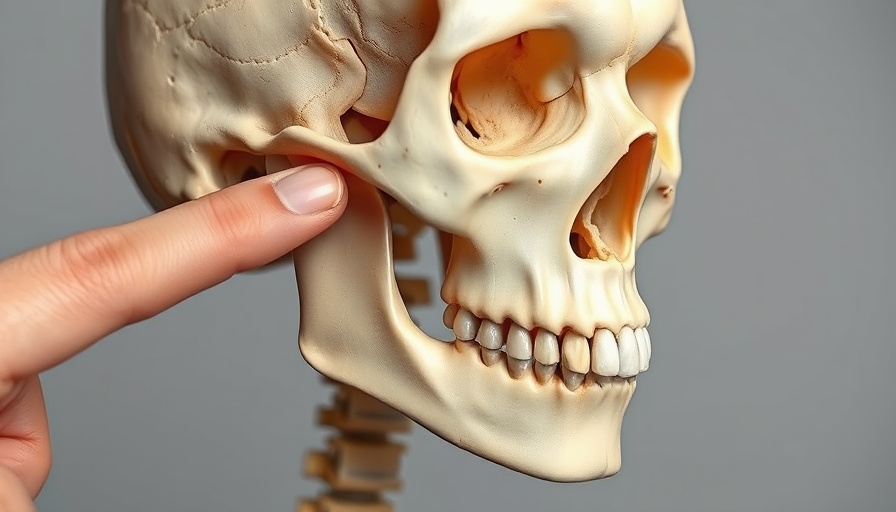
The Link Between Sleep Apnea and Hypertension
Severe sleep apnea is more than just a disruption in sleep; it can be a significant risk factor for various health complications, particularly hypertension. Research has indicated that individuals suffering from sleep apnea may experience elevated blood pressure levels due to the repeated interruptions in breathing during sleep. These interruptions can lead to decreased oxygen levels, triggering stress responses in the body that ultimately raise blood pressure.
Innovative Solutions for Sleep Apnea
One noteworthy advancement in addressing sleep apnea involves the use of mandibular devices. These dental appliances work by repositioning the lower jaw to keep the airway unblocked during sleep. A recent study has found that these devices are particularly effective for patients with severe sleep apnea who also suffer from hypertension. This finding is essential because it showcases a non-invasive treatment option that can simultaneously improve both sleep quality and cardiovascular health.
Insights from Recent Research
The study assessing the efficacy of mandibular devices involved a considerable participant pool, offering robust data on their impact on patients with hypertension. Results indicated a marked improvement in patients' sleep quality and a significant reduction in blood pressure levels over a set period. This dual benefit positions mandibular devices as a promising alternative to continuous positive airway pressure (CPAP) therapy, which, while effective, can be uncomfortable for many users.
How Mandibular Devices Work
Mandibular devices function by advancing the jaw forward. This forward positioning helps to prevent the airway from collapsing during sleep, thereby reducing apnea events. These devices are customizable, ensuring a snug fit that enhances comfort and effectiveness, making them a preferable choice for many patients who might find CPAP machines cumbersome.
The Broader Implications of Sleep Apnea Treatment
Treating sleep apnea effectively goes beyond improving sleep; it has far-reaching implications for overall health, especially in managing hypertension. As untreated sleep apnea is linked to high blood pressure, heart disease, and stroke, finding viable treatment options like mandibular devices represents a crucial step in preventative healthcare. Ensuring patients receive timely and effective treatment can significantly enhance their quality of life and reduce long-term health risks.
Future Trends in Sleep Apnea Research
As research continues, we can expect more innovations in sleep apnea treatment. The integration of technology, including smart devices that monitor sleep patterns and blood pressure, could lead to even more effective treatments tailored to individual patient needs. Moreover, ongoing studies will likely explore how lifestyle modifications, in conjunction with mandibular devices, can further enhance treatment efficacy and health outcomes.
Final Thoughts and Call to Action
Patients suffering from severe sleep apnea with accompanying hypertension should consult with their healthcare providers about the potential benefits of mandibular devices as a part of their treatment plan. The dual approach of improving sleep quality while managing blood pressure makes this technology a vital consideration in modern healthcare. Taking proactive steps towards managing sleep apnea can lead to significant improvements in overall health and well-being.
 Add Row
Add Row  Add
Add 




Write A Comment